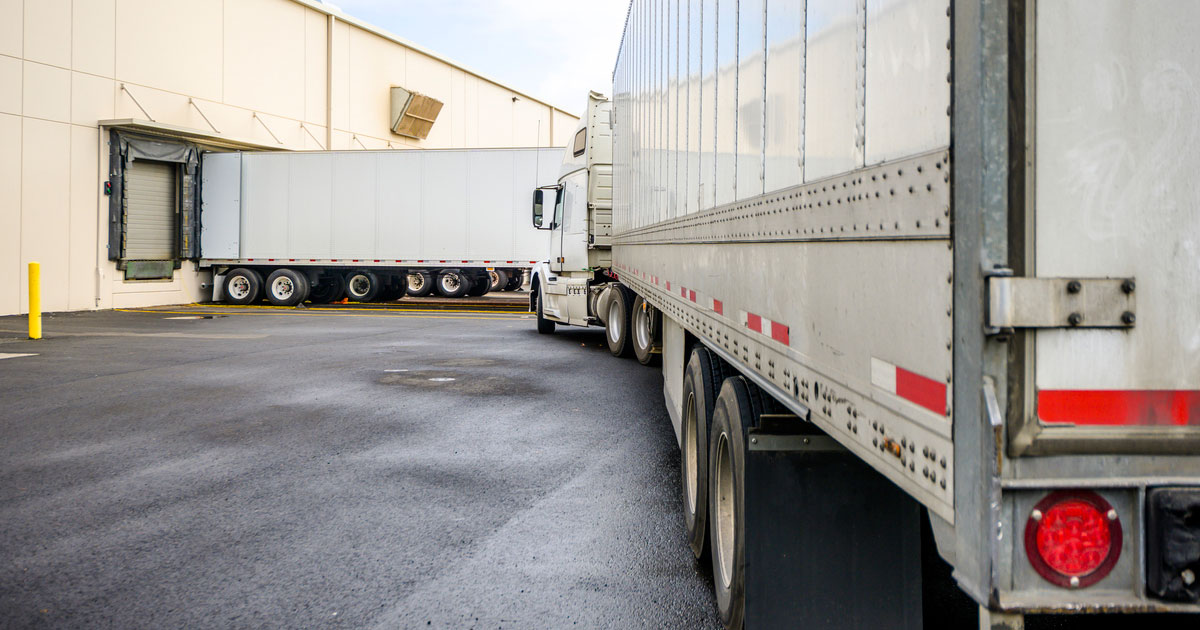Freight Brokers vs. Freight Forwarders vs. Shippers?
What are the Differences and Why Carriers Need to Know
If you’re a carrier, whether a trucking company owner or an owner-operator, you know you want loads with high rates. You also know you want customers you can trust to get paid on time and establish great relationships with customers to haul for again and again.
But do you know the difference between freight brokers vs. freight forwarders vs. shippers? Let’s look at each so you have a better understanding of where loads originate. That helps make the haul even smoother.
What is a Freight Broker?
Freight brokers are the middlemen of logistics. Brokers connect shippers who need freight hauled to carriers to haul the freight. Brokers are often hired by shippers. That means freight brokers do not actually have the freight and generally can’t be held liable for any freight claims. Freight brokers register with the Federal Motor Carrier Safety Administration (FMCSA) for brokerage authority and carry insurance to protect themselves if there is loss or damage.
The liable parties for claims placed on a load are the carrier and the shipper. Freight brokers serve as intermediaries, however, so it’s important for carriers to stay in communication with the broker to maintain a good relationship.
What is a Shipper?
Shippers are the companies that need freight hauled. They are the ones that need the truck full of bananas delivered to the west coast. So, shippers are manufacturers, growers, retailers, or distributors looking for carriers to transport their goods. Shippers commonly hire freight brokers to find carriers ready to haul freight for them. Shippers, as well as freight brokers, are carriers’ customers.
What is a Freight Forwarder?
Freight forwarders are like freight brokers in that they also arrange for carriers to transport loads. But freight forwarders store the actual freight for their customers, namely shippers. Freight forwarders can also be known as freight consolidators because they store a bunch of freight and then may arrange to get it hauled to the final destination in smaller shipments.
Also, freight forwarders usually ship under their own BOLs, store freight at their warehouses, and are responsible for insuring it. And unlike freight brokers, freight forwarders can be liable for the loss of the shipment or the damage to the load.
At NextLOAD, the goal is always to provide carriers with quality loads from reputable freight brokers, shippers, and freight forwarders.
Become a NextLOAD.com user and search for quality loads that feature the Apex Factoring chevron icon. That means Apex has an established credit rating with that broker or shipper. Better yet, become an Apex Capital factoring client to enjoy unlimited credit checks on brokers and shippers, see credit lines, run or refresh credit checks, and more.

